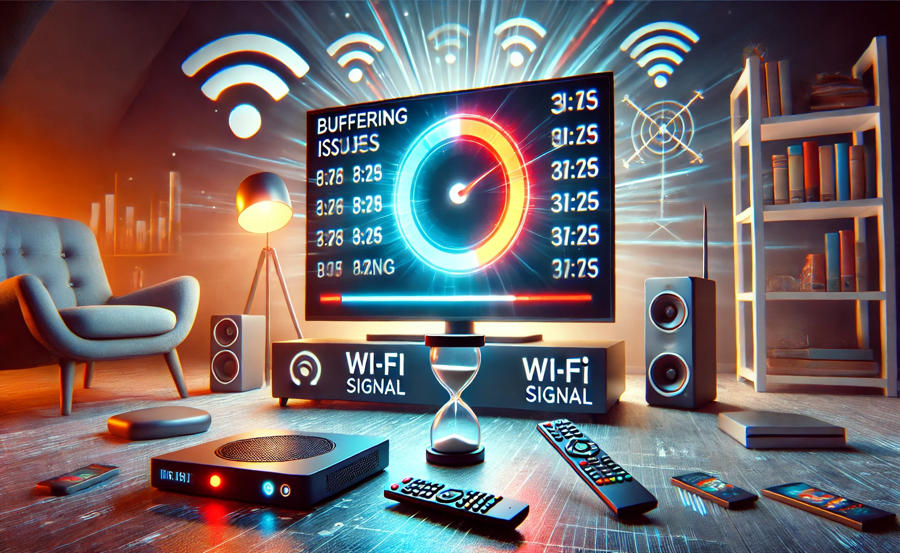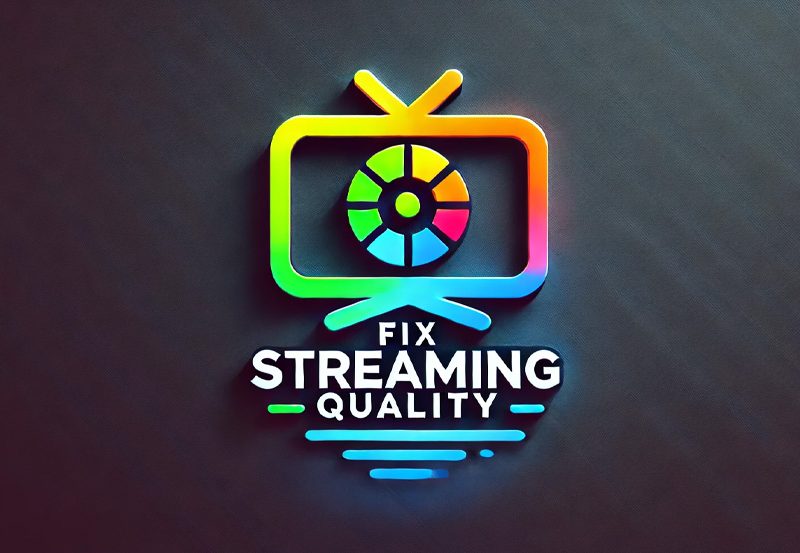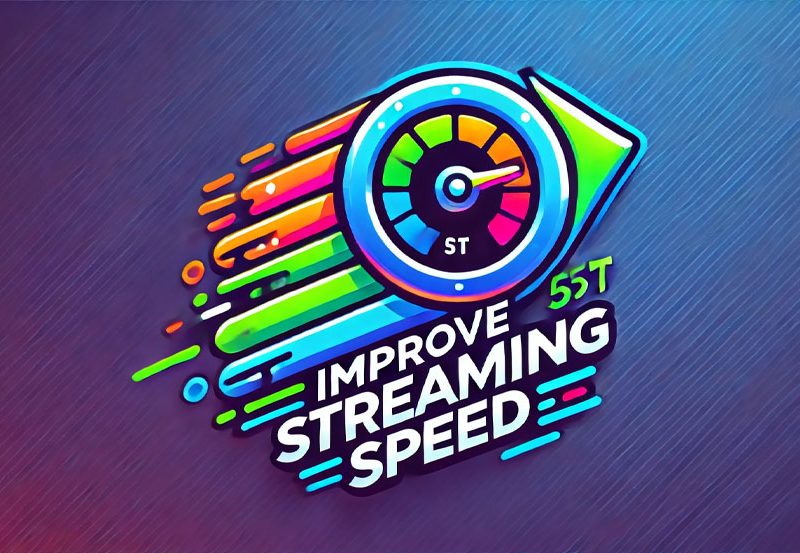IPTV is an increasingly popular way to stream live TV and on-demand content via the internet. While IPTV provides many advantages over traditional cable TV, one of the most common and frustrating problems users experience is buffering. Buffering disrupts the viewing experience, causing pauses, skips, or freezes in the stream. In this article, we’ll cover the most common causes of IPTV buffering and provide effective solutions to help you enjoy a smoother streaming experience.
What Is Buffering?
Buffering occurs when the IPTV player doesn’t receive enough data to play the video content smoothly. When the connection between your IPTV service and your device is too slow or unstable, the player will pause and try to “buffer” or load enough data before resuming playback. There are several reasons why buffering happens, but the good news is that most causes are solvable with a few adjustments.
Common Causes of IPTV Buffering
- Slow or Unstable Internet Connection
A slow or unstable internet connection is the primary cause of IPTV buffering. Since IPTV relies heavily on a consistent stream of data, an internet speed that’s too low or fluctuating will lead to interruptions. Solution:
- Test your internet speed using a speed testing tool. For SD streaming, at least 5 Mbps is recommended. For HD, 10 Mbps or higher, and for 4K, 25 Mbps or more is ideal.
- If your speed is below these numbers, consider upgrading your internet plan or using a wired Ethernet connection instead of Wi-Fi, as it provides a more stable connection.
- Network Congestion
If multiple devices are connected to your home network and using bandwidth (e.g., downloading files, gaming, or streaming on other devices), it can lead to network congestion and cause IPTV buffering. Solution:
- Limit the number of devices using the network while watching IPTV.
- Prioritize IPTV traffic using Quality of Service (QoS) settings on your router, if available.
- High Latency or Packet Loss
Latency (the delay in data transfer) and packet loss (when data fails to reach its destination) are often caused by an unreliable internet connection or server issues, leading to IPTV buffering. Solution:
- Restart your router to refresh your network connection.
- Check for packet loss by running a ping test to the IPTV server. If high latency or packet loss persists, contact your ISP to investigate potential connection issues.
- Server-Side Issues
Sometimes, buffering is caused not by your connection, but by the IPTV provider’s server. If the server is overloaded with users or experiencing technical issues, it can lead to buffering problems. Solution:
- Check with your IPTV provider to see if there are any server issues or scheduled maintenance.
- If server-side issues are frequent, you may want to consider switching to a more reliable IPTV provider.
- Outdated IPTV App or Player
If your IPTV app or player is outdated or not optimized, it may struggle to process the stream efficiently, resulting in buffering. Solution:
- Make sure your IPTV app or player is up-to-date. Regular updates often fix bugs and improve performance.
- If your current player is unreliable, consider using a more stable IPTV player like VLC, Perfect Player, or TiviMate.
- Device Performance Issues
Buffering can also occur if the device you are using to stream IPTV (such as a smart TV, Android box, or Firestick) is overloaded with background tasks or lacks sufficient processing power to handle the stream. Solution:
- Close any unnecessary apps or programs running in the background.
- Clear cache and data from the IPTV app to free up resources.
- If possible, upgrade to a more powerful streaming device with better processing capabilities.
- VPN Conflicts
Many IPTV users use VPNs to bypass geo-restrictions or secure their connection. However, using a VPN can slow down your internet speed, especially if the VPN server is far from your location. Solution:
- Test IPTV streaming with and without the VPN. If the VPN is the cause of buffering, switch to a faster VPN server or choose a VPN provider with optimized speeds for streaming.
- Some IPTV services work better without a VPN, so try turning it off temporarily to see if the buffering issue improves.
Exploring the Benefits of IPTV Television for Cord-Cutters
Additional Tips for Reducing IPTV Buffering
- Router Placement: Ensure your router is placed in a central location, free from obstructions, to get the best Wi-Fi signal.
- Upgrade Router: If you have an older router, consider upgrading to a dual-band or mesh router for better performance.
- Restart Devices Regularly: Restart your streaming device and router periodically to clear any temporary issues.
- Use Ethernet: A wired connection (via Ethernet cable) is always more reliable than Wi-Fi for streaming. If possible, connect your IPTV device directly to your router.
Conclusion
Buffering can be one of the most frustrating issues when using IPTV, but the solutions are often simple and effective. Start by diagnosing whether the problem is with your internet connection, device, or the IPTV provider itself. In many cases, improving your network setup, upgrading your streaming device, or contacting your IPTV provider for assistance can lead to a better, smoother IPTV experience.
By following the steps outlined above, you can significantly reduce or eliminate buffering issues and enjoy uninterrupted IPTV streaming.





